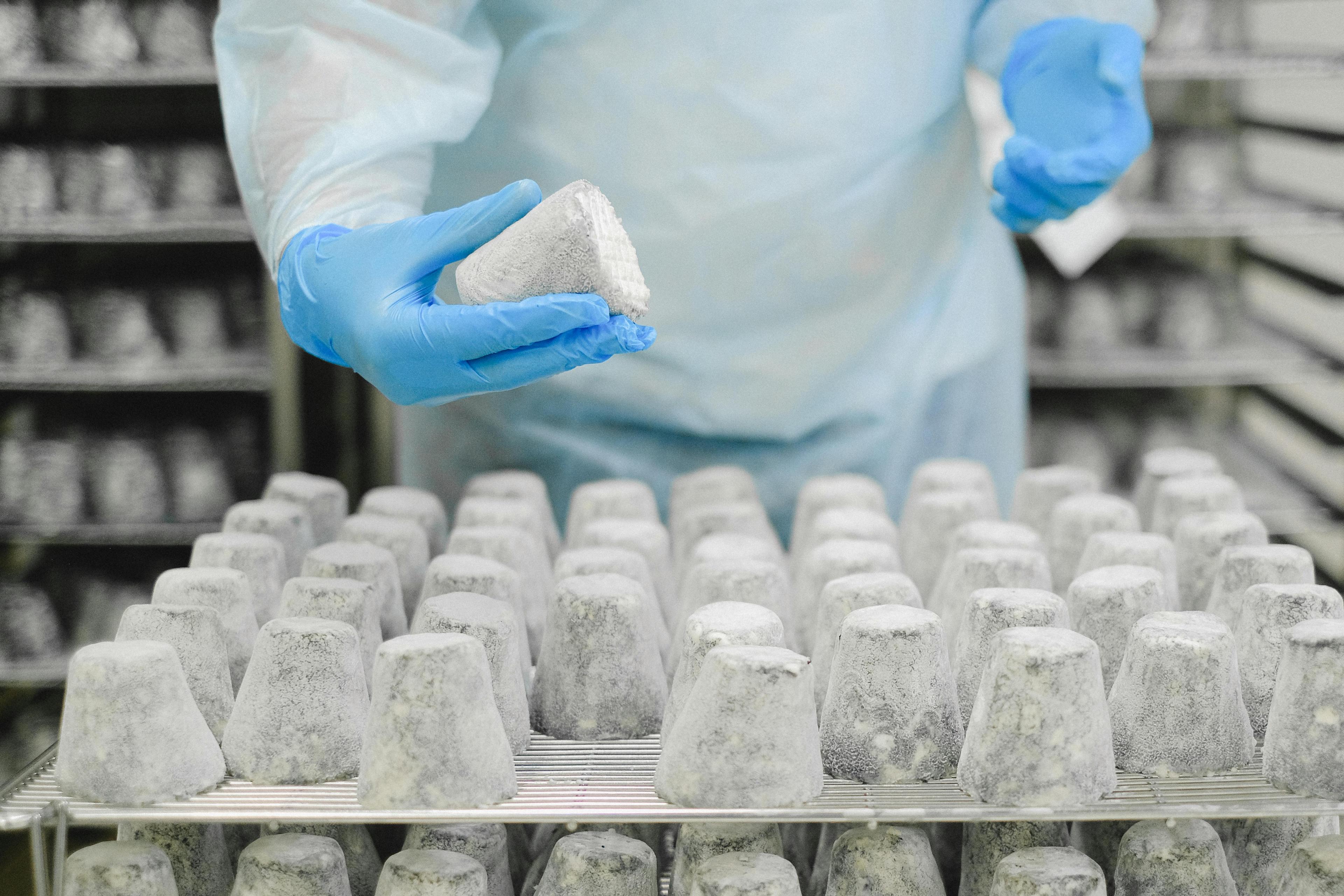Seinäjoki University of Applied Sciences (SeAMK) will host the anticipated second study visit under the SIXFOLD initiative on June 24-25, gathering experts, industry leaders, and stakeholders to address the critical regulatory and social acceptance challenges surrounding precision fermentation.
Central to these study visits is the integration of co-creation and design-thinking methodologies, which foster active collaboration among partners, Living Labs, and experts. By connecting diverse stakeholders, these methods encourage inclusive innovation, highlighting the significance not only of the outcomes but also the collaborative processes that drive them.
Hosted at the Frami Campus, the event will facilitate discussions around the complexities of cell agriculture, with Prof. Kaisu Riihinen and Anneli Ritala from VTT set to lead a keynote session exploring the regulatory landscape and its impact on innovation.
Attendees will participate in structured booth sessions, designed to identify real-world obstacles such as consumer labeling confusion, safety concerns, and cultural acceptance issues. Key stakeholders, including regulators, researchers, and industry representatives, will collaboratively pinpoint specific regulatory challenges and strategize solutions enabled by Living Labs.
Practical technological showcases will include high-moisture extrusion demonstrations using hemp protein and advanced spray drying techniques at the Frami FoodLab. These activities aim to highlight the cutting-edge innovations driving sustainable food production.
The event will also feature collaborative ideation sessions, employing engaging group methods to facilitate the generation and prioritization of actionable solutions. Discussions will emphasize transparency, ethics, and communication as crucial factors for enhancing public trust in precision fermentation.
The study visit will conclude with reflective discussions on insights gained and define concrete next steps, reinforcing a commitment to collaborative innovation in precision fermentation.
Stay tuned for outcomes and insights from this important gathering, as stakeholders unite to accelerate innovation and drive forward sustainable food practices.
What is a Living Lab?
A Living Lab in the SIXFOLD project is defined as a dynamic, innovation-driven entity that facilitates and fosters collaborative innovation between different stakeholders in the industry 5.0 ecosystem. It aims to develop, improve, test, and validate deep tech innovations that offer solutions to specific challenges in the agri-food industry
A Living Lab is not necessarily a legal or single entity; it can be one of the roles that an entity has, such as SEAMK which hosts a Living Lab, SEAMK Food Labs without having a legal entity for it.
What is Novel Food?
Novel Food is defined as food that had not been consumed to a significant degree by humans in the EU before 15 May 1997, when the first Regulation on novel food came into force. Novel Food can be newly developed, innovative food, food produced using new technologies and production processes, as well as food which is or has been traditionally eaten outside of the EU.
Examples of Novel Food include new sources of vitamin K (menaquinone) or extracts from existing food (Antarctic Krill oil rich in phospholipids from Euphausia superba), agricultural products from third countries (chia seeds, noni fruit juice), or food derived from new production processes (UV-treated food, milk, bread, mushrooms and yeast).
The underlying principles underpinning Novel Food in the European Union are that Novel Foods must be:
- Safe for consumers
- Properly labelled, so as not to mislead consumers
- If novel food is intended to replace another food, it must not differ in a way that the consumption of the Novel Food would be nutritionally disadvantageous for the consumer.
- Pre-market authorisation of Novel Foods based on an evaluation in line with the above principles is necessary.
What is Cellular Agriculture?
Cellular Agriculture is simply about growing cells under controlled conditions to produce ingredients that are traditionally grown on fields or animal husbandries. The methodology can be used to produce plant and animal-based food ingredients. It is based on cultivating cells in fermenters instead of traditional agricultural systems for producing food ingredients. Some familiar products done by fermenting are cheese and beer. Cellular agriculture can be more ethical, local and sustainable way to produce food in the future.
For SIXFOLD study visit, we will be focusing on food ingredients derived from Cell Agriculture processes. The Cell Agriculture products can roughly categorized in three groups – ingredients like protein extracted from the cellular mass or produced as a metabolite of cellular organism. The second groups is using the whole cellular mass in the process. The third group of Cell Agriculture products would be lab grown meat which can mimic minced meat or even whole cuts.

